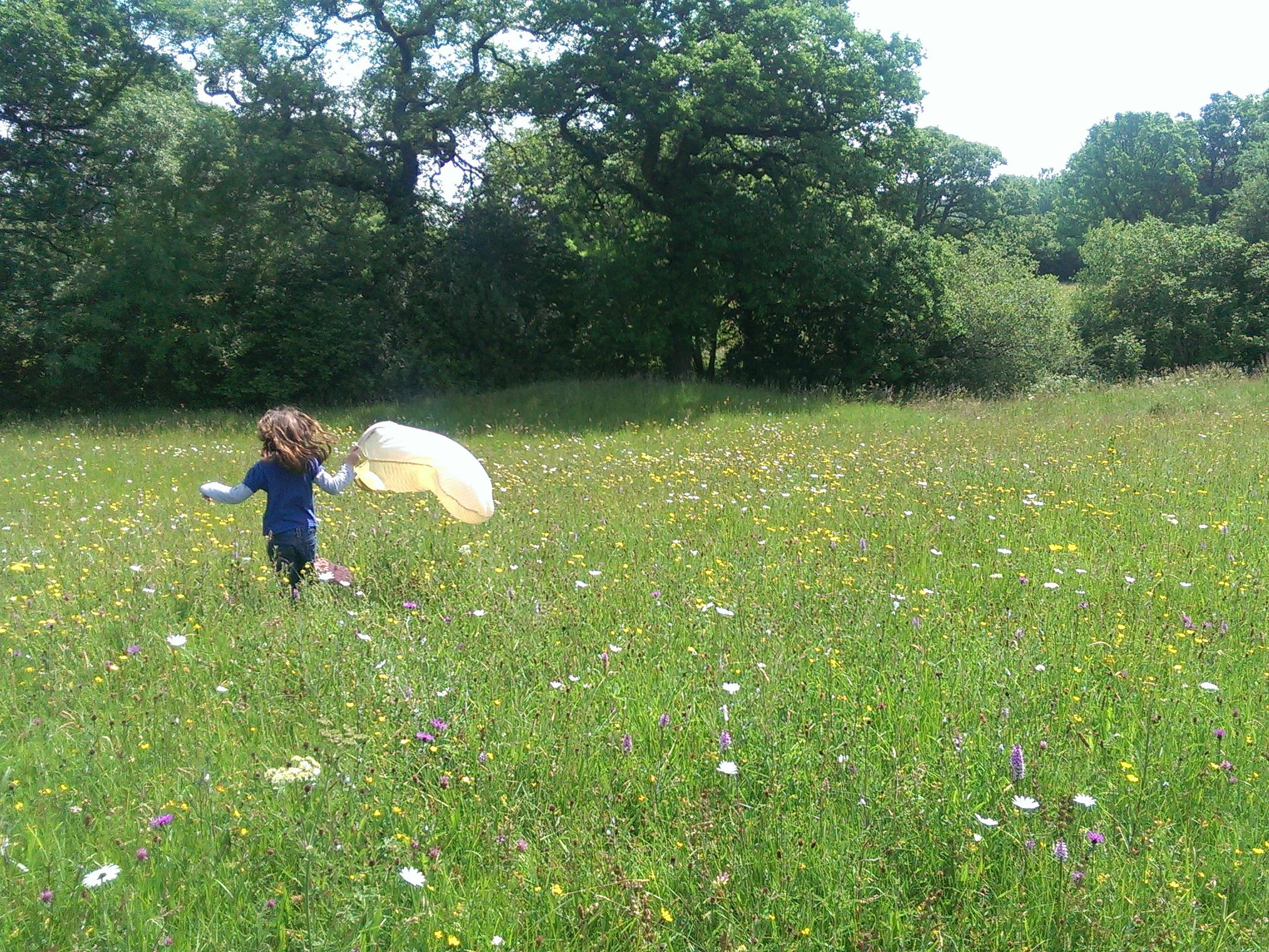UK government must cough up to support sustainable farming
Transforming UK farming will be difficult as most farmers have very little spare capital and are risk-averse

The key to tackling climate change is hiding in plain sight under our feet, according to the latest UN report.
Cutting carbon emissions from cars, factories and our homes is not enough – we also need to drastically improve the health of our soils so they can store more carbon, the latest Intergovernmental Panel on Climate Change (IPCC) report says.
For hundreds of years our fertile soils and forests were a rich sink for carbon, but human activity has degraded them so badly they are now releasing vast amounts of carbon back into the atmosphere.
Globally, this drastically needs to change if there’s any hope of avoiding catastrophic climate change.
UK public body the Committee on Climate Change (CCC) says this latest report chimes with its advice to Britian to increase mixed, nature-friendly farming that replenishes soils and improves forest management.
The National Farmers’ Union has already pledged UK farming will reach net zero emissions by 2040. The authors of the IPCC report say this is an achievable ambition.
However, it will involve far-reaching changes to the UK agricultural sector as well as large-scale restoration of natural carbon sinks like peatlands, wetlands, grassland and forests.
Making changes to the UK farming system is extremely difficult. Most farmers have very little spare capital and an aversion to risks that could worsen their financial stability.
For change to happen it needs to be financially incentivised. There are already subsidies for wildlife-friendly farming but these will need to increase in the future.
Rural landowners can apply for £6,800 of government funding for every hectare of land they reforest. The government is also going to introduce a new two-year £10m fund to plant 13,000 urban trees.
However, the scale of the challenge is huge and if we are to meet our 2050 net zero pledge, the CCC says we need to plant 1.5 billion trees.
This means planting 30,000 hectares of forest every year – last year we only planted 13,400 hectares.
Current farm subsidies, which make up more than half of the average farmer’s income, are provided by the EU’s Common Agricultural Policy.
The main subsidy farmers receive is the single farm payment – the larger your farm the more money you get. Small-scale conservation farming is unlikely to pay the bills.
The creation of a new UK agricultural policy presents a big opportunity for Britain to radically reform the farming sector.
European Commission polls show Britain cares more about animal welfare and the environment than other countries in the European Union. Defra has said that after the UK leaves the EU, subsidy payments will go to farmers who provide the most wildlife benefits.
If this new payment system is properly executed it could prove to be a defining moment for the British countryside.
Join our commenting forum
Join thought-provoking conversations, follow other Independent readers and see their replies
Comments